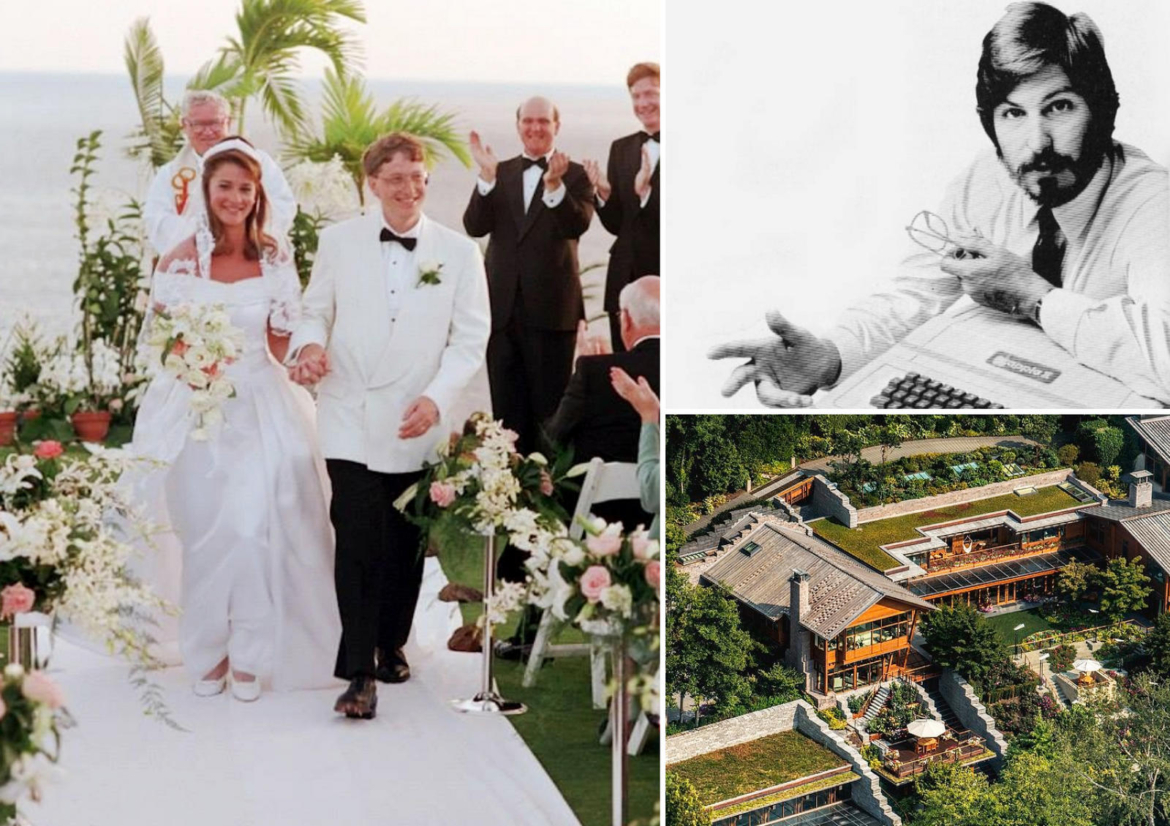Have you heard of the butterfly effect? It’s the idea that a small decision can set off a chain of events that changes everything. That’s exactly what happened when Melinda French Gates’ father, Raymond Joseph French Jr., brought home an Apple II computer, a decision that would change the course of history. At the time, it may have seemed like a sweet fatherly gesture, giving wings to his daughter’s ambition to learn and achieve more.

After all, she was the child of an aerospace engineer who had worked on the Apollo space program. But the truth is, the Apple II wasn’t just a computer; it was the first domino in a chain that led her to Microsoft, and the rest, as they say, is history.

At just 14 years old, Melinda was captivated by the sleek gadget. What seemed like a fun device for learning computer programming and playing games turned into a life-defining moment. The Apple II was the first of its kind, a personal computing revolution that allowed people to balance finances, learn to code, and explore new possibilities, all from the comfort of their living rooms. It was a trailblazer that forever changed how we interact with technology, and for Melinda, it was even more profound.

Melinda’s love for science and technology only grew. She passionately pursued her interests at Duke University, earning a bachelor’s degree in computer science and economics in 1986, followed by an MBA from Duke’s Fuqua School of Business in 1987. At a time when few women pursued computer science, her father’s unwavering support and her own determination never made her doubt her path.

Reflecting on her journey, Melinda once shared, “My dad, Ray, has always pushed me to do my best. At a time when there were very few women in computer science, my dad encouraged my sister and me to explore our interest in math and computers. He bought the family’s first Apple II computer when I was in high school and helped me decide to go to Duke to pursue a computer science degree. I’ll always be grateful for his support.”

In 1987, Melinda joined Microsoft as its youngest recruit and the only woman in her group of ten new employees. She developed groundbreaking multimedia products like Microsoft Cinemania, Publisher, Word, and Expedia.com. Just four months after starting at Microsoft, she met billionaire Bill Gates. Between that meeting and her departure from the company in 1996, the couple accomplished much together, got married, and raised three children.

Looking back, so much of this story traces back to the Apple II, a computer that not only made Apple a leader in personal computing but also played a pivotal role in Melinda’s life. Interestingly, years later, Melinda (worth $30 billion) and Bill Gates (worth $107 billion) banned Apple products from their home.

In a 2010 interview, when asked about owning an iPad, Melinda quipped, “Of course not.” She further emphasized, “Nothing crosses the threshold of our doorstep.” The $130 million Washington mansion, spanning 66,000 sq. ft., was designed on Macintosh computers and is packed with futuristic features. A pin-like device tracks preferences for temperature, lighting, and music, while walls feature screens displaying photos, paintings, and high-end art. Despite its advanced systems for climate and lighting control, it ironically lacked iPads for the growing kids.

While technology helped connect their lives and enabled 27 years of marriage, the heart often follows its own path. In 2021, the founders of the Bill & Melinda Gates Foundation, established in 2000, announced their divorce, making it one of the most high-profile and costly divorces in history.

